Why are children coming to the UK in small boats?
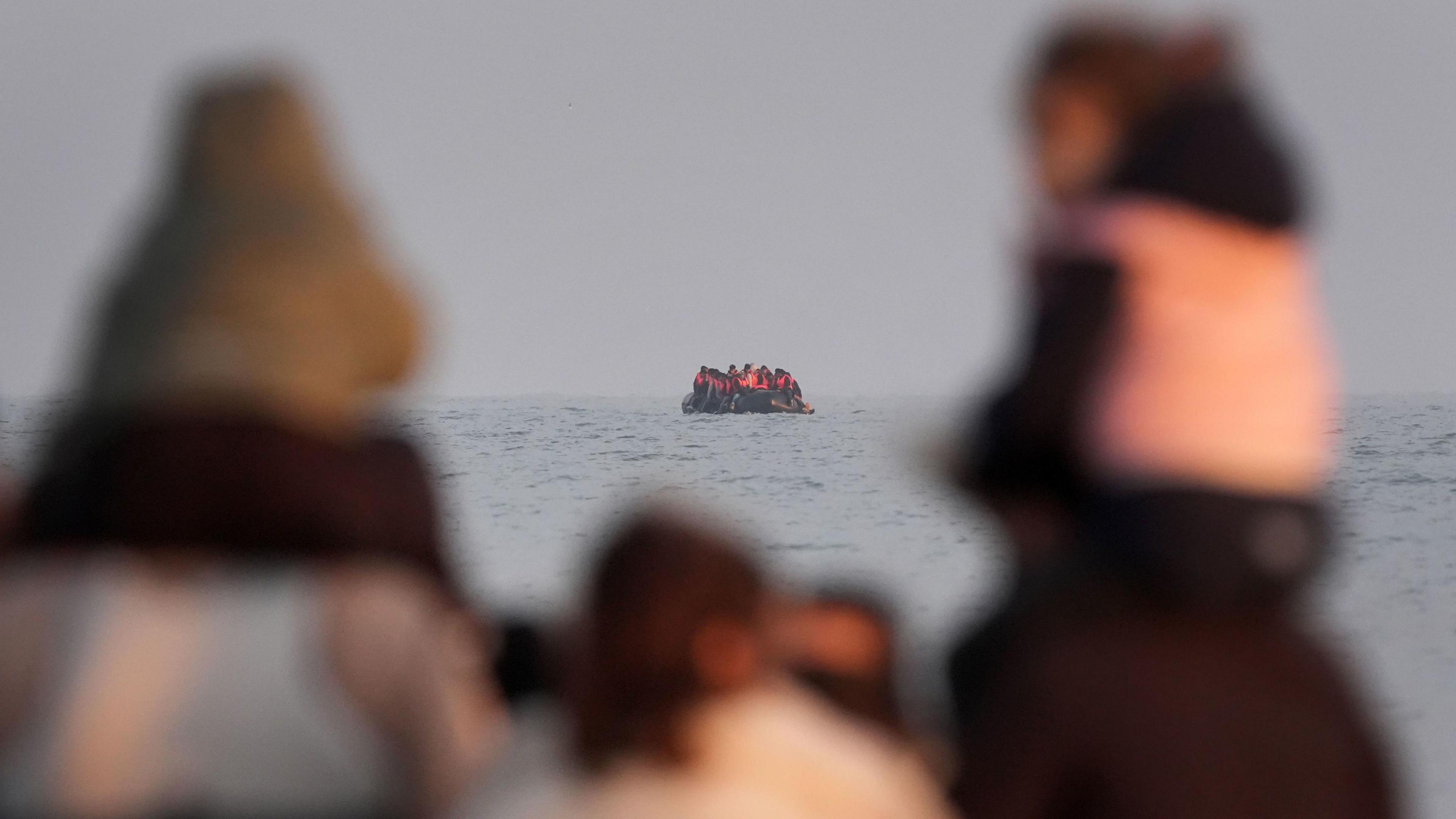
- Published
Every day, migrants try to cross the English Channel - the stretch of water between England and France - in small boats or dinghies.
Among them are lots of children.
There are different reasons migrants might try to come to the UK.
Some are fleeing war or persecution in their home country.
Others are coming hoping to make money. That is against the law.
Whatever people's circumstances, entering the UK in a small boat is illegal and anyone arriving in this way is breaking the law.
Criminal gangs organise the crossings.
While some children make this journey together with their families, many arrive alone.
How many children travel to the UK this way?
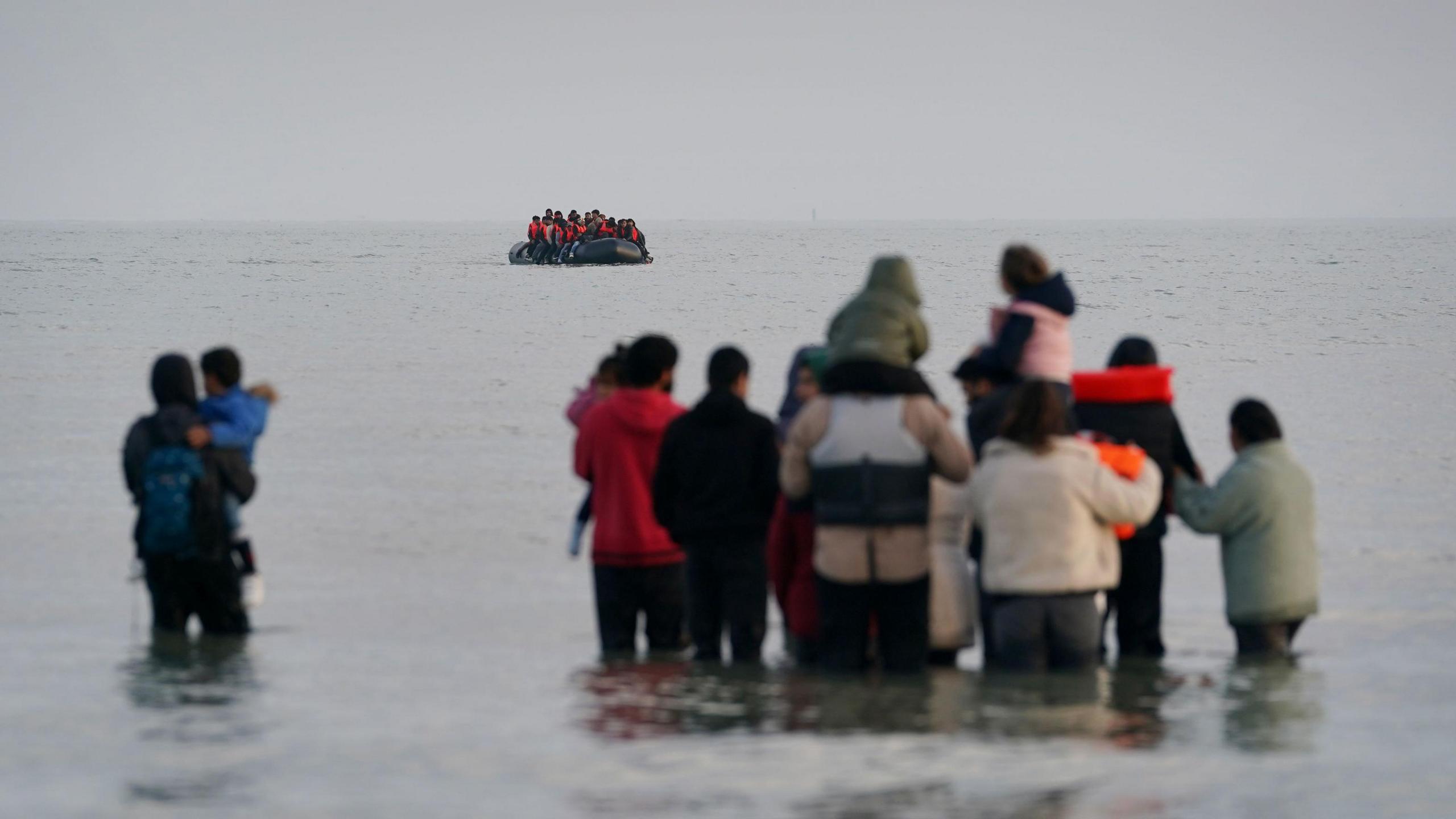
Since 2018, nearly 25,000 children have travelled to the UK on small boats. That's according to the Migration Observatory, who used Home Office data to work it out.
They say that in 2024, around 37,000 people crossed the English Channel in small boats.
However, those coming to the UK by small boat are only a small part of the overall number of migrants into the UK.
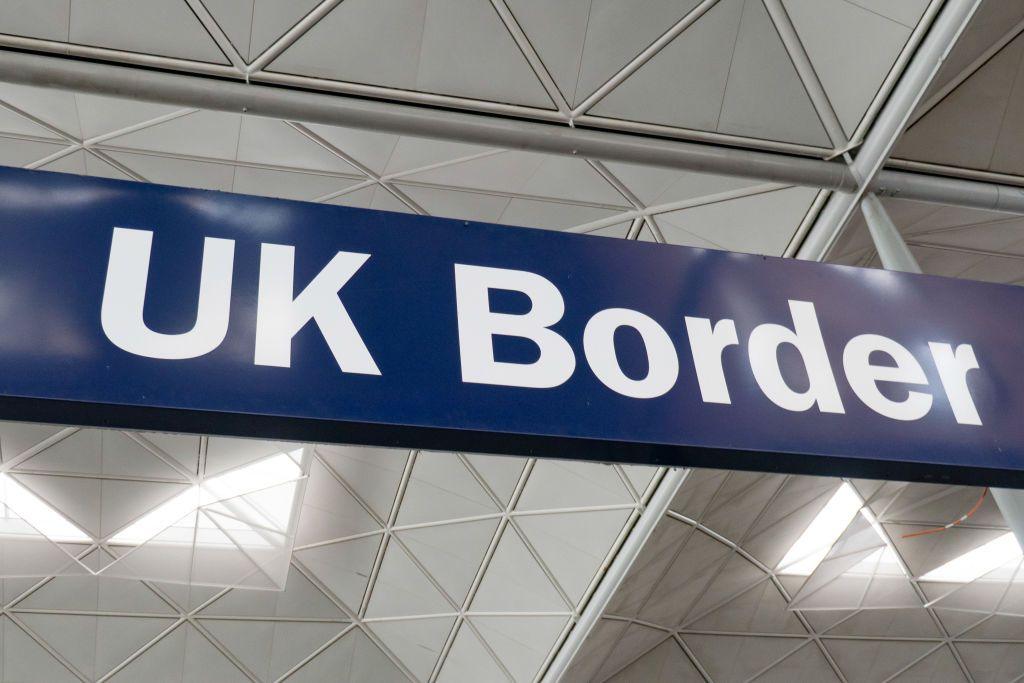
In 2024, the total number of people arriving in the UK was 948,000.
Most of these will have applied to come to the UK from their home country and arrived legally.
Around 108,000 people sought asylum in 2024.
Of that number, 4,104 claims were from unaccompanied asylum-seeking children - under-18s travelling without a grown-up.
How dangerous is it to cross the Channel in a small boat?
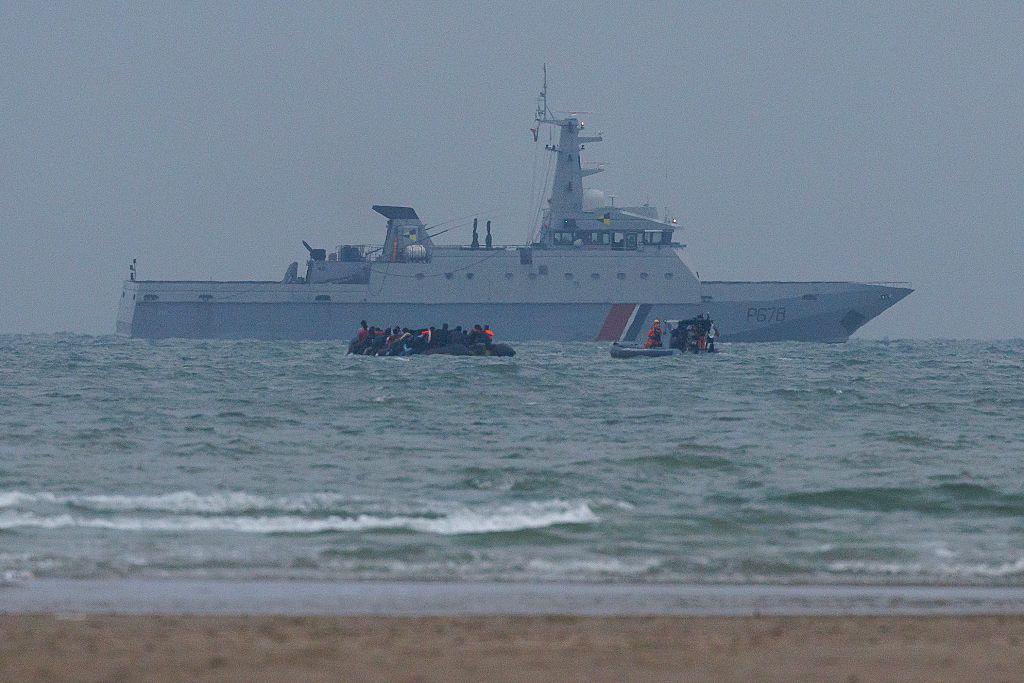
Small boats and dinghies were not designed to be used to cross the sea.
They also often have far too many people on them to be safe.
The English Channel is one of the busiest shipping lanes in the world, with many large boats crossing it every day.
This makes travelling across it in a small boat dangerous.
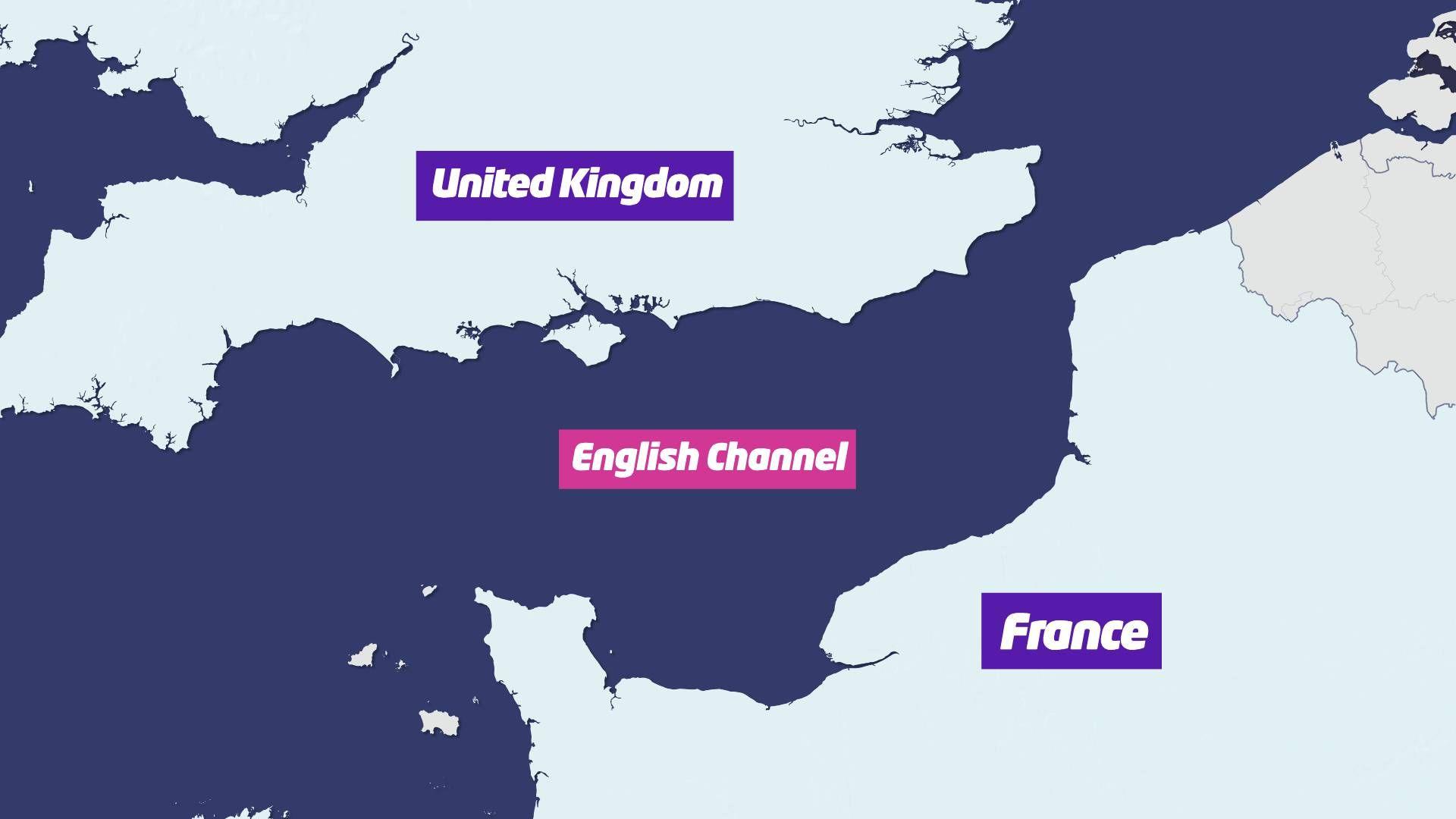
As well as the dangers posed by passing ships, most migrants rely on criminal gangs, who they pay large amounts of money in order to make the journey.
These gangs don't always offer protective gear, like life jackets, and when they do these are often unsafe or unsuitable.
Despite this, small boats and dinghies are regularly used by those who have travelled from their home country into mainland Europe, and want to travel on to the UK.
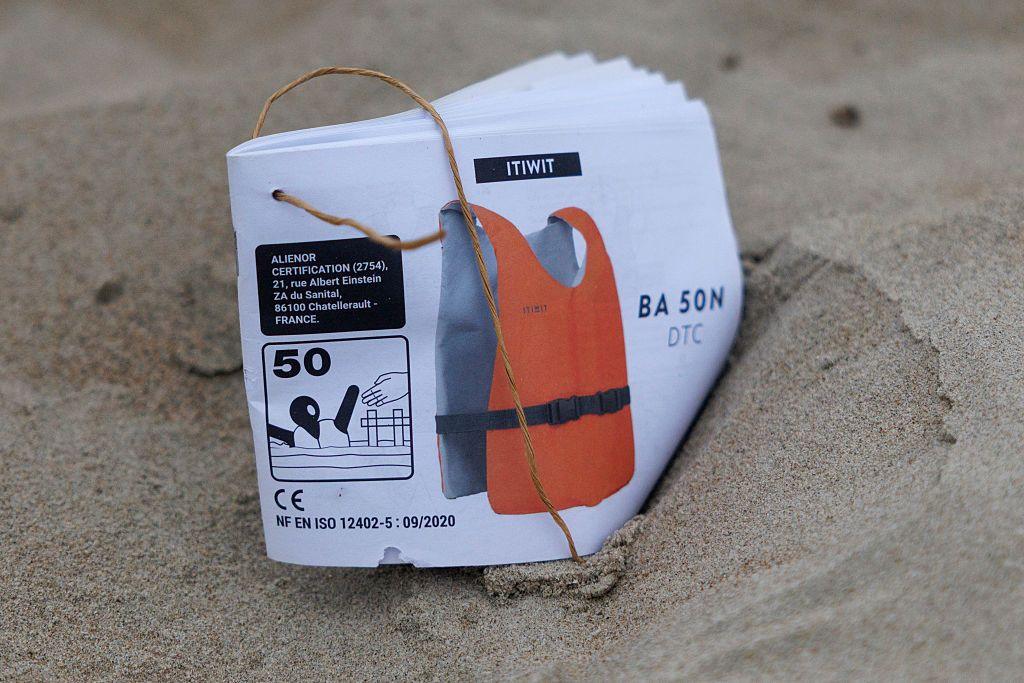
The numbers of migrants attempting to cross the Channel in small boats changes with the seasons. Numbers are usually higher in summer months as the weather is better and the seas are calmer, which means travelling seems safer. However, even in summer the water of the Channel is very cold.
The reality is that this is a very dangerous journey at any time of year.
What happens to children once they arrive in the UK?
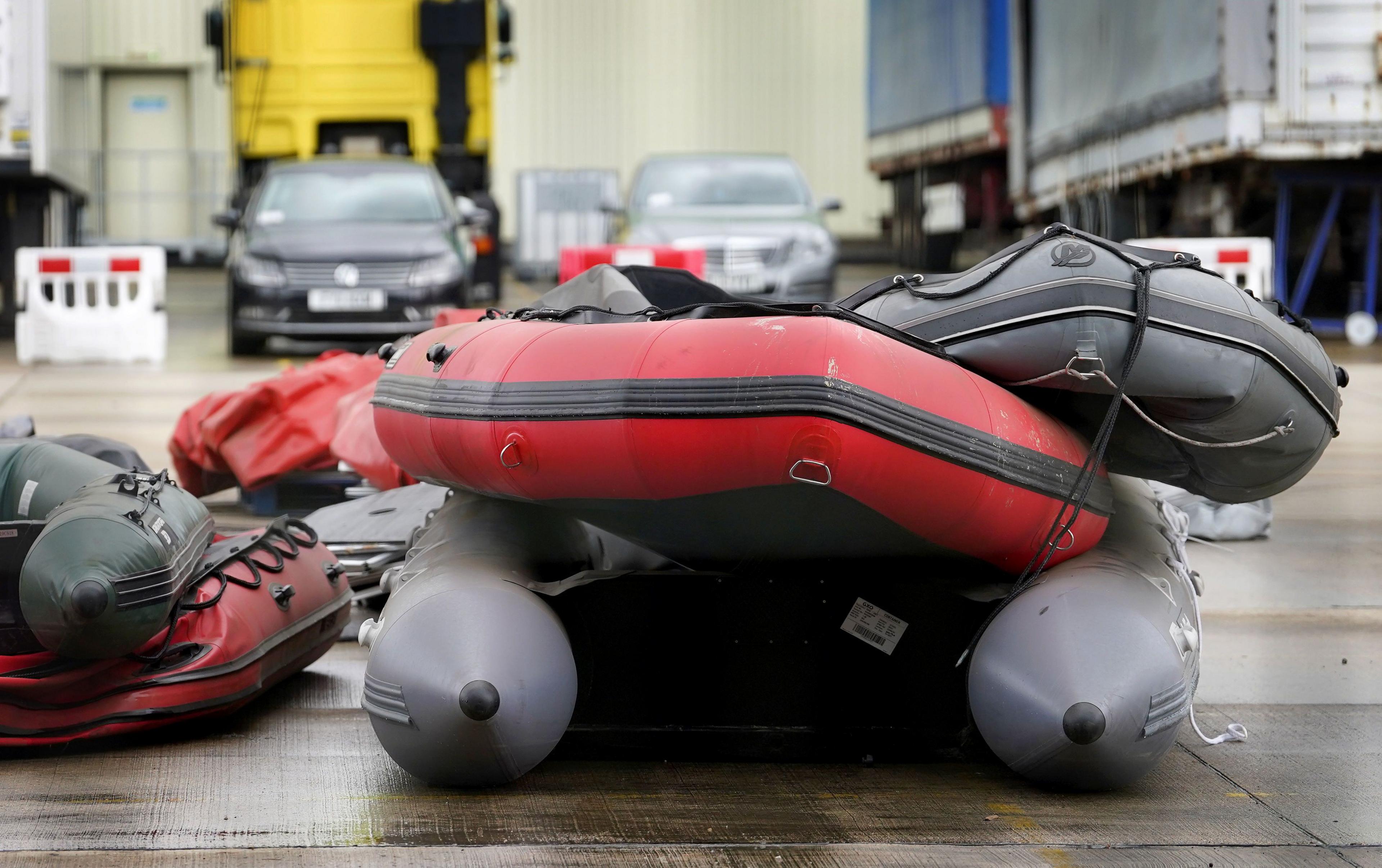
Most of the migrants who cross the English Channel claim asylum. Asylum seekers hope to receive refugee status, so that they can legally stay in the UK to live and work.
To gain refugee status the authorities must decide that someone can't return to their home country because they face persecution. This could be because of their race, religion, political opinion or conflict.
A child who is with their family is generally considered for asylum as a dependant, as part of the adult's application. Families usually stay together in temporary accommodation and children can go to school.
There are different rules for unaccompanied children, who have travelled to the UK alone.
These children have extra protection by law, which says that their safety and welfare must be prioritised.
Unaccompanied children should be provided somewhere safe to live, often in a residential care home or a foster home, and helped to access education and healthcare. They should also be supported in claiming asylum.
What is the debate in the UK about small boats?
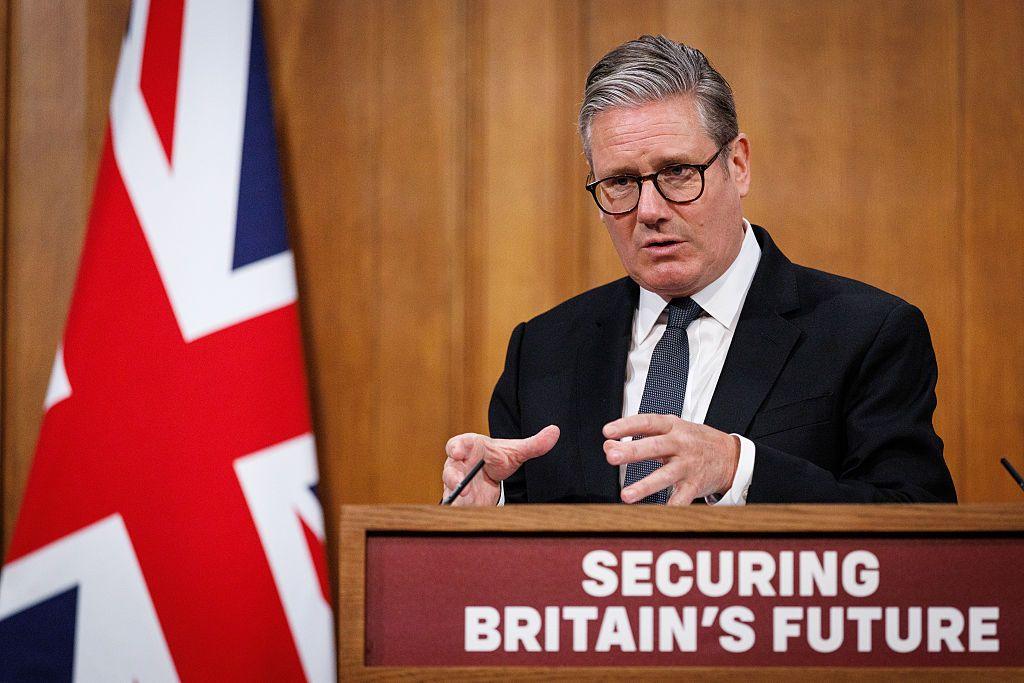
The Prime Minister Keir Starmer and his Labour party describe the situation with small boat crossings a "crisis".
In their 2024 election campaign, Labour pledged to reduce the number of small boats crossing the English Channel by cracking down on the criminal gangs that organise them.
Since then, the number of people crossing the Channel has increased.
Now, Prime Minister Keir Starmer says he is working together with the French President Emmanuel Macron on a joint plan to tighten up on small boats.
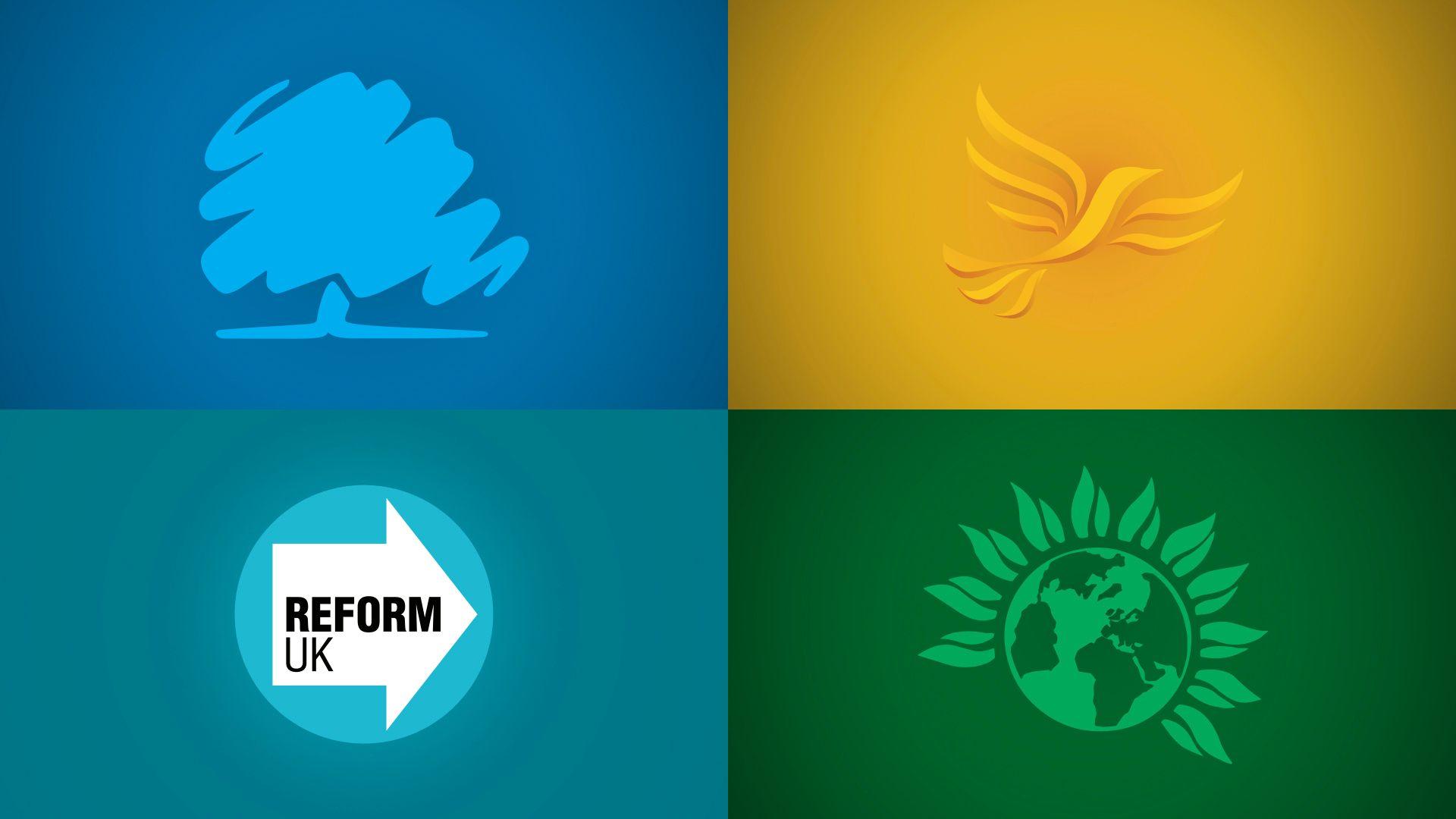
Conservative Party leader Kemi Badenoch has said that Labour "can't be trusted" to protect the UK's borders.
Under her leadership, the party has announced new policies that they say show their commitment cutting immigration.
But when the Conservatives were in power, the party were criticised for the way they handled immigration, with Labour Party saying that it "spiralled out of control on their watch".
The Liberal Democrats 2024 manifesto focused on creating a "fair, effective immigration system that treats everyone with dignity and respect."
They say they want immigration rules to be simpler and clearer too.
Reform UK say they want to "take back control of our borders".
Their 2024 manifesto pledged to "pick up illegal migrants out of boats and take them back to France", and calls for "zero illegal immigrants to be resettled in the UK."
Meanwhile, the Green Party proposed a "fair and humane" immigration policy and say they will "treat all migrants as potential citizens."
